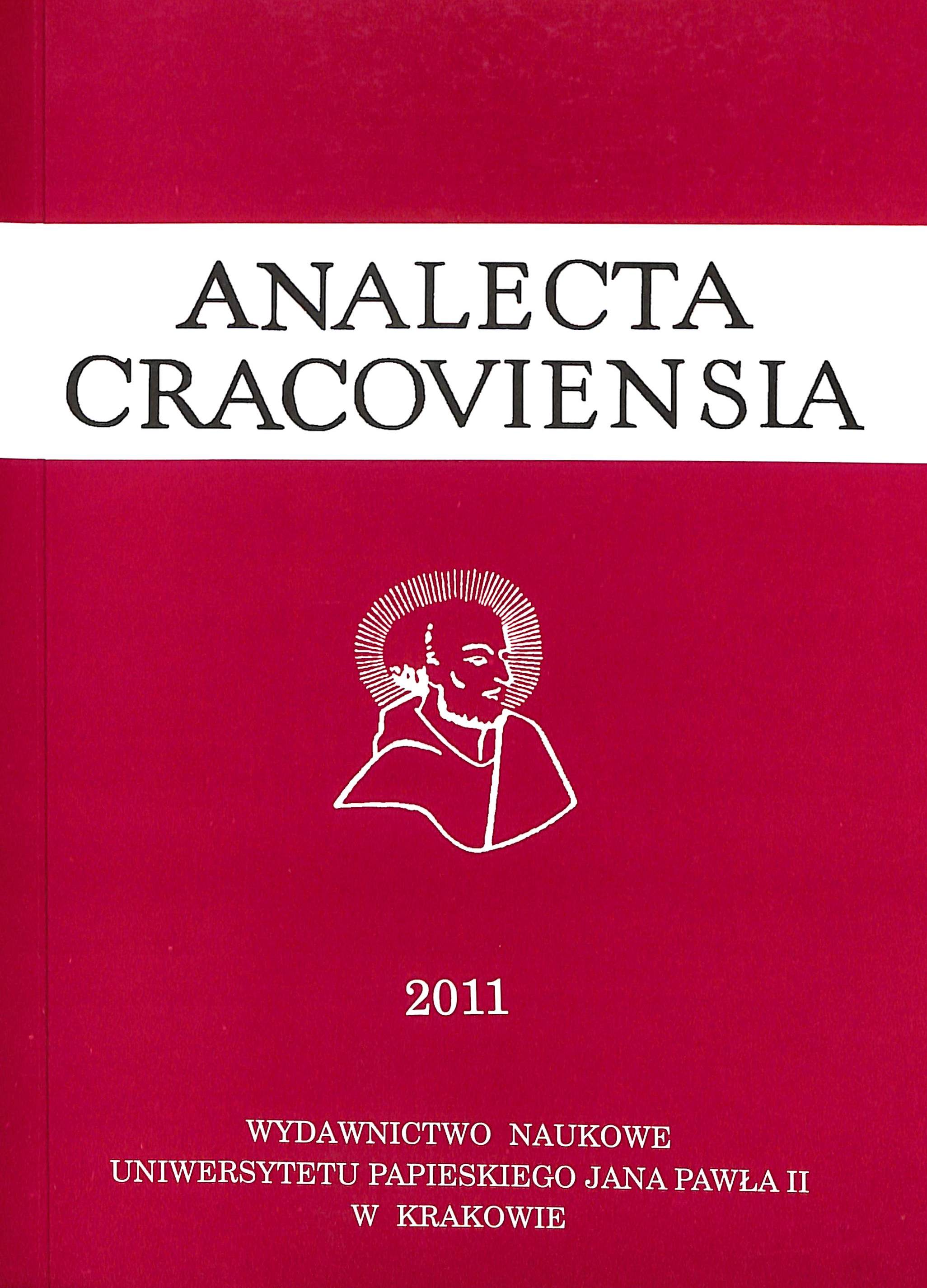John Paul II New European Blessed and a Guidepost for Europe
DOI:
https://doi.org/10.15633/acr.4309Keywords:
Johannes Paul II, nationale Identität, europäische Identität, Spiritualität, Kultur, SolidaritätAbstract
The author commences with Benedict XVI’s text, given on September 13, 2006 during the blessing of the basilica’s organ, “Unserer Lieben Frau zur Alten Kapele”, in Regensburg. The Pope stated that the organ is the king of musical instruments because it is the only instrument that can capture all the voices of creation. Coming from that perspective, the author looks at John Paul II as a great organ player who knew how to “play” the organ of spiritual and cultural treasures of Europe. He did this by pronouncing new patrons of Europe such as Saints Cyril and Methodius, St. Bridget, St. Catherine and St. Teresa Benedicta of the Cross. Through his long pontificate, John Paul II called all inhabitants of this continent to breathe with “both lungs”, i.e. East and West, drawing from the treasures of one and the other “parts” of Europe. At the same time, he stressed the need for solidarity and help for those in need, highlighting that the “poor” does not necessarily mean someone without goods, but rather suffering temporarily from a shortage of goods. In his view, solidarity was the expression of love that is the most desired and awaited for the further spiritual development of Europe. It is also essential for sharing achievements with others. John Paul II also underscored the need for positive enrichment of national identity for people living in this territory. At the same time, he admonished negative expressions of nationalism; which always resulted in negative outcome for Europe. Likewise, he encouraged that Europe and its citizens do not look into the past with nostalgia, in the direction of its past greatness, but bravely look into the future, undertaking the mission of sharing achievements and learning from others. These and other statements describe John Paul Il’s attitude and essence as a holy artist, who performed on grand and beautiful “organs” of European identity, uncovering the scale of tones, as the time and need arose, creating a beautiful composition.
Downloads
Published
Issue
Section
License
Copyright (c) 2011 Zdzisław Kijas

This work is licensed under a Creative Commons Attribution 4.0 International License.
Authors who publish with this journal agree to the following terms:
- Authors retain the copyright and full publishing rights without restrictions, and grant the journal right of first publication with the work simultaneously licensed under a Creative Commons Attribution 4.0 International License that allows others to share the work with an acknowledgement of the work's authorship and initial publication in this journal.
- Authors are able to enter into separate, additional contractual arrangements for the non-exclusive distribution of the journal's published version of the work (e.g., post it to an institutional repository or publish it in a book), with an acknowledgement of its initial publication in this journal.
- Authors are permitted and encouraged to post their work online (e.g., in institutional repositories or on their website) prior to and during the submission process, as it can lead to productive exchanges, as well as earlier and greater citation of published work (See The Effect of Open Access).

